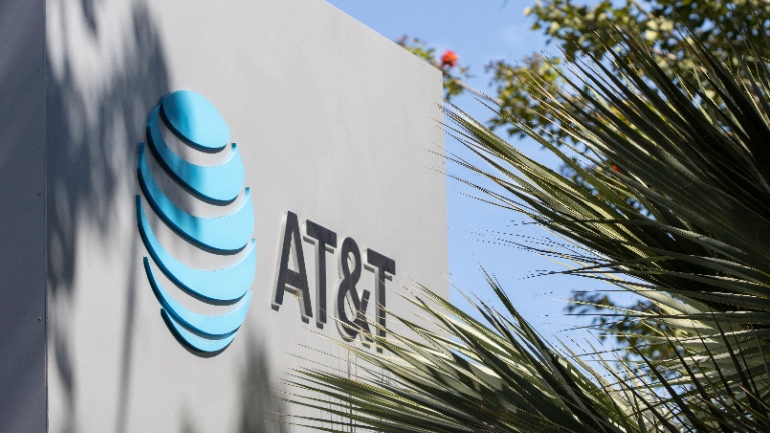Starlink’s temporary FCC approval for direct-to-device services highlights the vital role of VoIP technology during emergencies. By partnering with T-Mobile, Starlink enables emergency alerts via satellite in hurricane-stricken North Carolina, offering free internet for 30 days.
Air France has teamed up with Starlink, a subsidiary of SpaceX, to offer high-speed VoIP-enabled WiFi onboard its fleet by 2025. This new technology aims to provide passengers with seamless connectivity, allowing multiple devices to connect simultaneously.
Barcelona-based satellite IoT provider Sateliot has secured €10 million in a Series B funding round led by Global Portfolio Investments. This investment will enhance Sateliot’s NB-IoT constellation, aiming for 100 satellites by 2028. The company plans to offer real-time global coverage, targeting sectors like agriculture, industry, and logistics.
The FCC approved SpaceX to replace its aging Starlink satellites with advanced second-gen models. The number of Australians using FWA for home broadband nearly doubled. Hiya’s report found nearly 20 billion spam calls globally. The UK CMA has paused its app store investigations into Apple and Google.
The UK Ministry of Defence has successfully launched its own satellite, ‘Tyche’, revolutionizing Intelligence, Surveillance, and Reconnaissance (ISR) capabilities. This pivotal event marks the UK’s leap forward in space-based defense. As part of a broader initiative, Tyche will bolster military operations, disaster response, and environmental monitoring, reinforcing national security and technological innovation.
Barcelona-based Sateliot has launched four LEO nanosatellites via SpaceX to expand its satellite IoT services. This move aims to connect eight million devices and secure €30 million in funding. Utilizing a 5G core through AWS, Sateliot’s NB-IoT constellation targets 100% global coverage and offers cost-saving IoT solutions.
The National Advertising Review Board (NARB) has urged AT&T to revise its claims about its Supplemental Coverage from Space (SCS) following a challenge from T-Mobile US. AT&T’s advertisement implied the advanced VoIP service is operational, which is misleading. Transparent communication in the evolving VoIP and satellite communications landscape is essential.
AST SpaceMobile is gearing up for a significant milestone with the upcoming launch of its first commercial satellites. Set for early August, the five new Bluebird satellites will enhance the company’s ability to offer non-continuous commercial VoIP services. Once deployed in low Earth orbit, these satellites will revolutionize remote mobile coverage via direct-to-device communications.
Amazon has inaugurated a new facility in Kirkland, Washington, dedicated to the production of satellites for its Project Kuiper. This project aims to establish a constellation of low Earth orbit (LEO) satellites to provide internet connectivity.
Amazon’s Project Kuiper has entered into an agreement to offer low Earth orbit (LEO) satellite services across seven Latin American countries. This distribution deal with Vrio, the parent company of DirecTV Latin America and Sky Brasil, will see high-speed Internet services provided to Argentina, Brazil, Chile, Uruguay, Peru, Ecuador, and Colombia.













